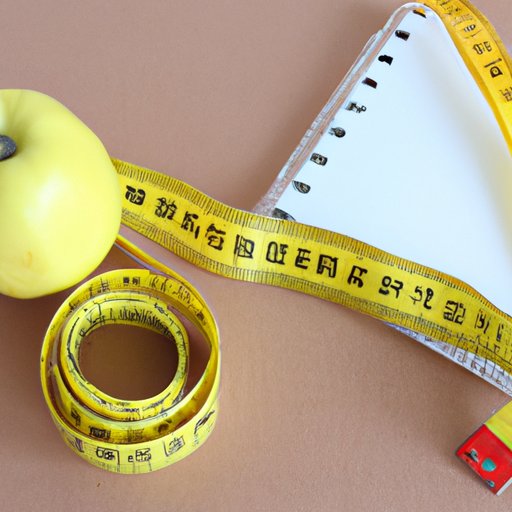
How to Diet Properly: Effective Strategies for Weight Loss
Dieting can be a challenging journey, but when done properly, it can lead to significant weight loss and improved overall health. With so many diets and weight loss plans out there, it can be overwhelming to determine which approach is best for you. In this article, we will explore effective strategies and tips for dieting properly. By following these recommendations, you can achieve your weight loss goals and maintain a healthy lifestyle.
Setting Realistic Goals
The key to successful dieting is to set achievable goals. While it may be tempting to aim for rapid weight loss, this approach can be ineffective and unsustainable in the long run. Instead, set realistic goals that align with your lifestyle and preferences. Start with small changes to build success and momentum. Set incremental goals that will ultimately lead you to your overall weight loss objective. Keep track of progress and celebrate your achievements – this will help to keep you motivated and determined.
Tracking Caloric Intake
Knowing your daily caloric intake is essential for effective weight loss. Keeping a food diary can help you track what you’re consuming, identify problem areas, and make adjustments accordingly. There are many free apps and online tools available to help you track calories quickly and easily. Make a habit of reading labels and calculating portion sizes. Remember, weight loss occurs when you burn more calories than you consume.
Healthy Whole Foods
Rather than focusing on what you should avoid, concentrate on what you should include in your diet – namely, healthy, whole foods. Foods like fruits, vegetables, whole grains, lean protein, and healthy fats should form the foundation of your diet. These nutrient-dense foods will not only help to fill you up and satisfy your hunger but also provide your body with the essential nutrients it needs for optimal health. Experiment with new dishes and seasonings to keep your taste buds excited and your meals varied.
Meal Prepping and Planning Ahead
Meal prepping can be a game-changer when it comes to dieting successfully. By preparing meals in advance, you can ensure that you have healthy options readily available and reduce the likelihood of making impulsive, unhealthy choices. Use one day a week to plan your meals, make a shopping list, and prepare what you can ahead of time. Consider investing in durable containers that will keep your food fresh and transportable. By being proactive and intentional, you increase your chances of adhering to your diet plan and achieving your weight loss goals.
Dealing with Diet Obstacles
Even the most dedicated dieters will face obstacles on their journey. Cravings, dining out, social events, and travel can all be difficult situations to navigate. Being prepared and having a plan can help you overcome these challenges. Rather than depriving yourself entirely, allow for occasional treats or indulgences. When dining out, check menus in advance, seek out healthier options, and pay attention to portion sizes. When at social events, bring your own healthy dish to share, and make sure you have alternatives to high-calorie drinks. With a little bit of planning and creativity, you can handle any diet obstacle with ease.
Exercise and Weight Loss
While diet is a significant factor in weight loss, exercise is equally important. Regular exercise can help you burn calories, improve your cardiovascular health, and build lean muscle mass. Find an exercise routine that works for your lifestyle and interests. This could include cardio, strength training, or a combination of both. Aim for a minimum of 30 minutes of exercise a day, and gradually increase the length and intensity of your workouts as you become fitter and stronger. Remember to be patient and kind to your body. Exercise should be something that you enjoy and look forward to as an essential part of your routine.
Conclusion
Dieting can be a challenging journey, but with these effective strategies and tips, you can achieve your weight loss goals and maintain a healthy lifestyle. Remember to set achievable goals, track your caloric intake, focus on healthy whole foods, meal prep and plan ahead, overcome diet obstacles, and incorporate exercise into your routine. With dedication and consistency, you can achieve lifelong wellness and a healthy, happy life.




